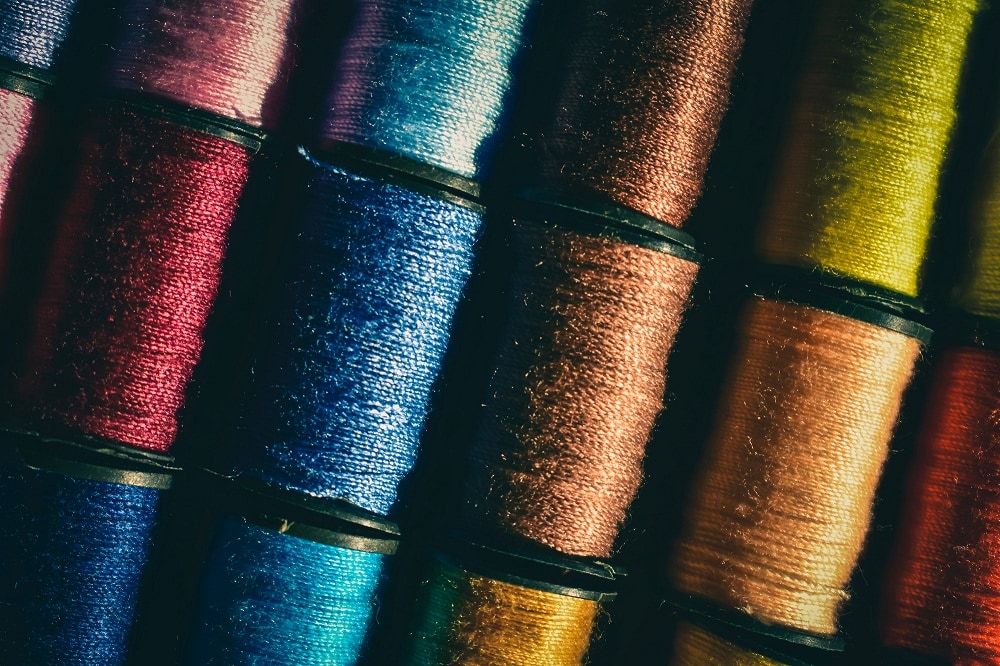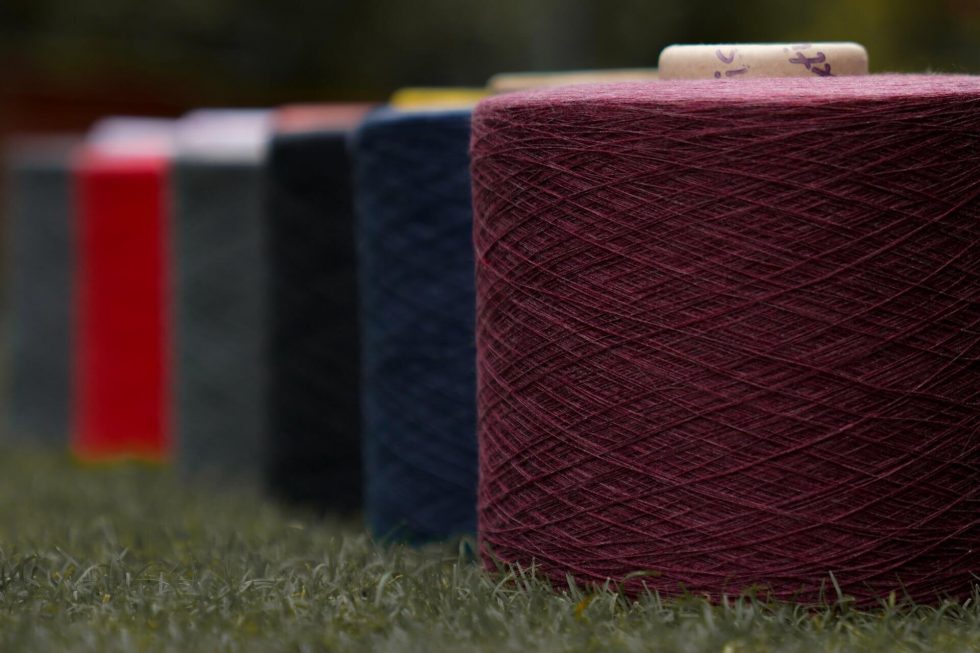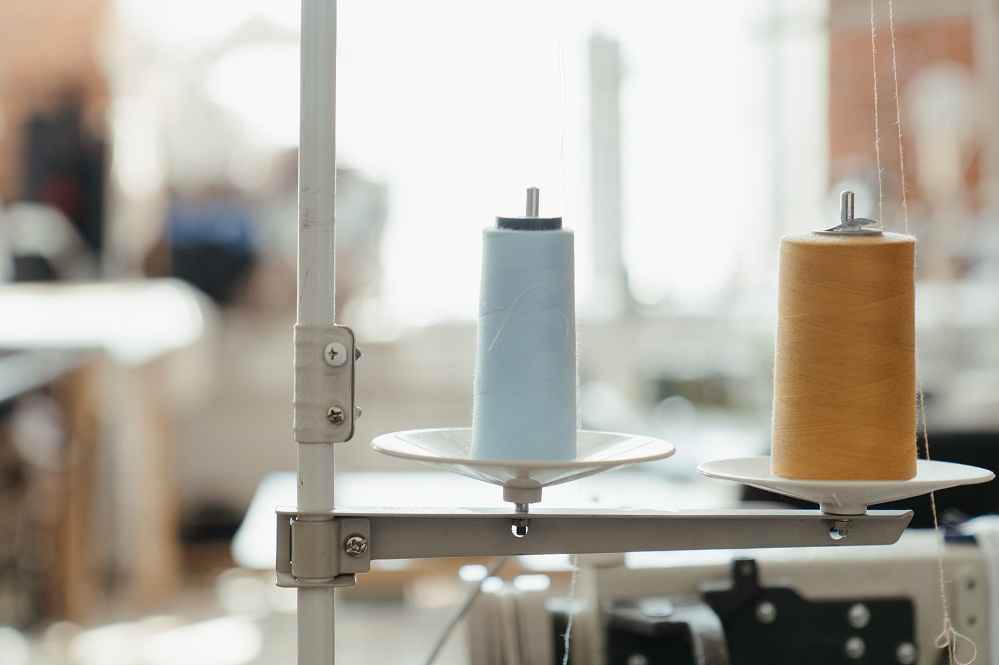
In the recent times, sustainable yarn suppliers have become the significant part of the textile industry. The B2B buyers ranging from apparel manufacturers to textile brands and retailers, the shift toward eco-friendly sourcing is fast. It is not only about environmental responsibility but also about long-term value creation.
One of the most significant areas of focus in this transformation is the yarn supply chain. Today, B2B buyers are prioritizing sustainable yarn suppliers, and the reasons for this shift are both strategic and market-driven.
Reasons for Prioritizing Sustainable Yarn Suppliers
Consumer Demand for Eco-Conscious Products
The modern consumer is aware and concerned about the environmental impacts of their purchases. As consumer behaviour shifts toward eco-conscious decision-making, B2B buyers have to ensure that their product lines reflect the same values. Sustainable yarns—particularly those made from recycled materials are key ingredients in responsible manufacturing.
Buyers working with sustainable yarn suppliers gain access to certified eco-friendly materials. These certifications enable them to offer transparent supply chain. This, in turn, enhances brand credibility and consumer trust.
Complying with Global Sustainability Standards and Regulations
Governments and international bodies have introduced stringent environmental regulations targeting the textile and fashion industries. From extended producer responsibility (EPR) policies to emission reduction mandates, businesses must ensure that their entire supply chain including raw material sourcing meets sustainability criteria.
B2B buyers looking to future-proof their operations are turning to sustainable yarn suppliers, like Oasis Textiles that align with these global mandates. Suppliers offering certifications such as GRS (Global Recycled Standard) and OEKO-TEX® are increasingly preferred because they help buyers remain compliant and audit-ready.
Brand Reputation and Market Positioning
For brands in competitive markets, sustainability is a powerful differentiator. Leading fashion and home textile brands are being evaluated by their stakeholders on their environmental and social governance (ESG) practices.
By sourcing from sustainable yarn suppliers, B2B buyers are investing in their brand equity. It allows them to market collections as sustainable. Furthermore, they can appeal to ethically minded retailers, and participate in green industry initiatives. Many brands now prominently feature their eco-friendly supply chain partnerships in their marketing and corporate social responsibility (CSR) reports.
Reducing Supply Chain Risks
Traditional textile production processes rely heavily on finite resources such as water. As these resources face increasing scarcity and volatility, the risks of relying on unsustainable suppliers grow.
Sustainable yarn suppliers often invest in alternative raw materials that reduce dependency on conventional inputs. Moreover, their operational models typically emphasize circularity, waste minimization, and local sourcing. All of this contributes to a more stable and predictable supply chain.
Co-Creation Opportunities
Today’s yarn suppliers are more than vendors. They are strategic partners that often work closely with clients to co-create custom blends, and streamline production processes to meet specific sustainability goals.
This collaborative mindset benefits B2B buyers by fostering innovation, enhancing quality control, and enabling faster go-to-market times. Strong supplier relationships built around shared values also lead to greater supply chain transparency and traceability.
Cost Efficiency
While sustainable yarns may have slightly higher upfront costs, they are cost effective in the long-term. Reduced water and energy use, lower waste disposal fees, and enhanced process efficiencies contribute to lower total cost of ownership.
Moreover, there is consumer willingness to pay a premium for sustainable goods. It means that brands can maintain or increase their margins, making eco-friendly yarns a financially sound choice for B2B buyers.
Conclusion: A Strategic Shift That’s Here to Stay
The textile industry is at a turning point, and B2B buyers are leading the charge by re-evaluating their sourcing strategies. Prioritizing sustainable yarn suppliers is certainly a strategic shift rooted in market demand, operational resilience, and brand differentiation.
For businesses aiming to stay relevant, agile, and responsible, the choice is clear. Thus, it is fair to say that working with eco-conscious yarn manufacturers isn’t just good for the planet: it’s smart business.
Want yarns that are sustainable, innovative, and tailored to your needs?
Partner with a supplier who shares your vision for a greener textile future. Reach out to Oasis Textiles.



